5 Lessons Learned from Plastic Free July

This post first appeared in our weekly Make Waves Mondays email series on July 31, 2023.
Hey friend! This week marked the last day of Plastic Free July, and instead of our usual blog format, today I just wanted to take a moment to reflect on the past month and some of the lessons I’ve learned from it.
Some of these are new lessons for me, and some are simply reminders that were brought to the surface again, but all of them are so valuable, and might resonate with you, too.
📣 Not everyone knows the things you know. So keep speaking up!
As you know, I’ve been involved in this year’s Plastic Free Ecochallenge (PFEC), and I’ve spent an immense amount of time this month reading all of the posts from other participants on the challenge Participant Feed.
And one thing kept coming up…
There’s so much knowledge we all have that we take for granted.
It’s easy to think that everyone already knows the things that we know, but that’s so far from the truth.
All month, the number of posts I saw from participants expressing shock about something they learned - whether it’s that the chasing arrows symbol doesn’t necessarily mean something is recyclable, or that “flushable” wipes aren’t actually biodegradable and cause massive city-wide plumbing issues, or that manufactured demand is a thing - was humbling.
These are topics that I hear about regularly, because I’ve built a career around it.
But the majority of people aren’t working in an eco-focused career, and for many people, this is all completely new information.
The more we talk about these things that we know, and the more we can get our messages out into the world, the more of an impact we can make as a collective.
And on the flip side, you don’t know what you don’t know.
So stay curious.
Ask questions.
Be open to new information and willing to change your mind.
📈 60% is better than 30% is better than 0%.
One of the available actions in this year’s PFEC was to use a microfiber catcher in your laundry.
There are a few different options, and none of them are perfect. None of them catch 100% of the microfibers shedding from your laundry (they range from about 30-60%), and each has their own pros and cons.
As I was reading through the Participant Feed the other day, I saw a post from one participant that said they wanted to do this action, but none of the options worked 100%, so they decided not to use any of them.
And I just thought, “Well damn, if that isn’t a perfect metaphor for sustainable living - and life - as a whole…”
Every single thing we do every single day has an impact on the world around us.
And the world of sustainability is not black-and-white. There are no one-size-fits-all solutions, and there are no perfect solutions.
But as the saying goes, just because we can’t do everything doesn’t mean we shouldn’t do anything.
Every little positive impact we can have on our earth matters.
If all you have to give is 30%, that’s still better than 0%.
Don’t do nothing because you can’t do everything.
💰 We need to have more conversations about the cost of sustainability vs. conventional.
This came up several times in the Participant Feed this year. So many posts about how the costs of sustainable products are often higher than the costs of conventional products.
But I think we need to have more conversations about why this discrepancy exists.
I think I’ve said this before in another blog post, but my hot take on this topic is that sustainability isn’t too expensive. Conventional is too cheap.
Truly sustainable brands and companies aren’t charging higher prices just for funsies.
Their prices are reflective of the true cost of doing ethical business…
✅ Higher quality and sustainable ingredients
✅ More concentrated products
✅ Eco-friendly packaging
✅ Fair wages throughout the supply chain
✅ Handmade products that take more time and labor to produce
✅ Regenerative practices
…these things all inherently cost more.
Dr. Jane Goodall has stated countless times in countless interviews that to really make a shift in environmental conservation and sustainability, we must eliminate poverty.
“[W]e have to alleviate poverty because if you're really poor, you're going to cut down the last trees because you've got to grow food to feed your family. You're going to fish the last fish for the same reason. If you're in an urban area, you're going to buy the cheapest junk food. You can't afford to say, did its production harm the environment? Was it cruel to animals? Is it cheap because of inequitable wages paid to people? You just have to survive. So we have to alleviate poverty.”
- Dr. Jane Goodall
So, yeah, sometimes sustainable products are more expensive.
But if we can afford to make those switches, we absolutely should.
And we should advocate for higher minimum wages, universal health care, higher workplace safety standards, better support for small businesses, elimination of oil subsidies, and taxing the Bezoses and Musks of the world.
(Also, just today I learned that a German grocery store is charging the true climate cost of certain foods for one week. Some items nearly doubled in price when the environment was taken into consideration 😳)
💡 The hardest part is starting.
I used to be SO good about always taking my own mug or mason jar to Starbucks. Like, I straight-up refused get coffee on the go if I didn’t have my own cup.
For the first three years of my zero waste journey, this was the way.
And then good ‘ol ‘Rona came to town and suddenly none of the coffee shops (big or small) were allowing personal containers anymore.
And even though that all changed probably within a year, I was completely out of the habit of BYO’ing my own mugs - and I didn’t even realize it.
It wasn’t until July 1st when I was craving a mocha frappuccino something fierce when I realized I couldn’t actually remember the last time I took a mason jar into a Starbucks for them to fill 😶
But as soon as I was aware of it, I knew I could do something about it.
And since July 1, I haven’t used a single disposable coffee cup.
It’s not a difficult action for me. It never has been.
The hardest part was recognizing what was happening and getting myself to take that first step [again].
But now it’s just the norm.
💙 There is so much hope.
Friend, my phone is absolutely ~bursting~ with screenshots of inspiring posts from the PFEC Participant Feed.
“I love having my family join me during the Ecochallenge. We keep each other accountable for checking in, shout each other out in the feed, and even more importantly, it has made Plastic Free July part of our lingo. Even though we live in separate households, the behaviors we have picked up during PFJ have become a blueprint for all of us, and we love to encourage new products or shout out especially plastic-free products to each other.” - Celina
“I’ve done this for a couple of years now, and when going down the list of actions, I was pleased to see how many things that started as challenges have become part of my regular routine! A 30 day challenge can have long-lasting impact.” - Erin
“My mother and friends often use the phrase, ‘what would Ally do?” I find this to be funny and also heart warming. They are not perfect in their actions but they are trying their best and I can be that influential figure to them. I also share with them when I am wrong or something in environmental practices have changed. It is important to be a proponent of the environment and not just how being an environmentalist makes you look to others.” - Ally
One small drop in the ocean, if you will 😉 can truly have massive, lasting impacts for ourselves and our planet.
During this challenge, I’ve personally picked up 139 pieces of litter. It feels like a lot, but also so very little compared to what we know is out there. But as a whole…as a collective of 4500 people…this month, we’ve picked up nearly 56,000 pieces of litter 🤯
There’s so much we can do.
We just have to start.
What are some reflections from your Plastic Free July journey, friend? Comment below and tell me all about them 😊
Related:
Plastic Free July Confessions
Plastic Free July - Getting Started
Top 10 Swaps for Plastic Free July (and all year long)
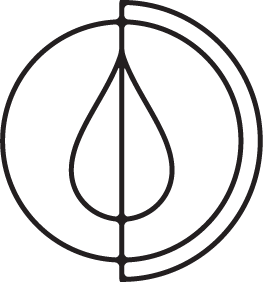
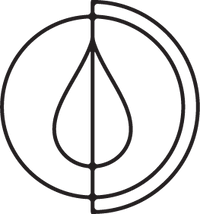
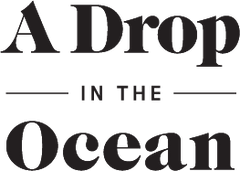
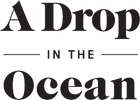
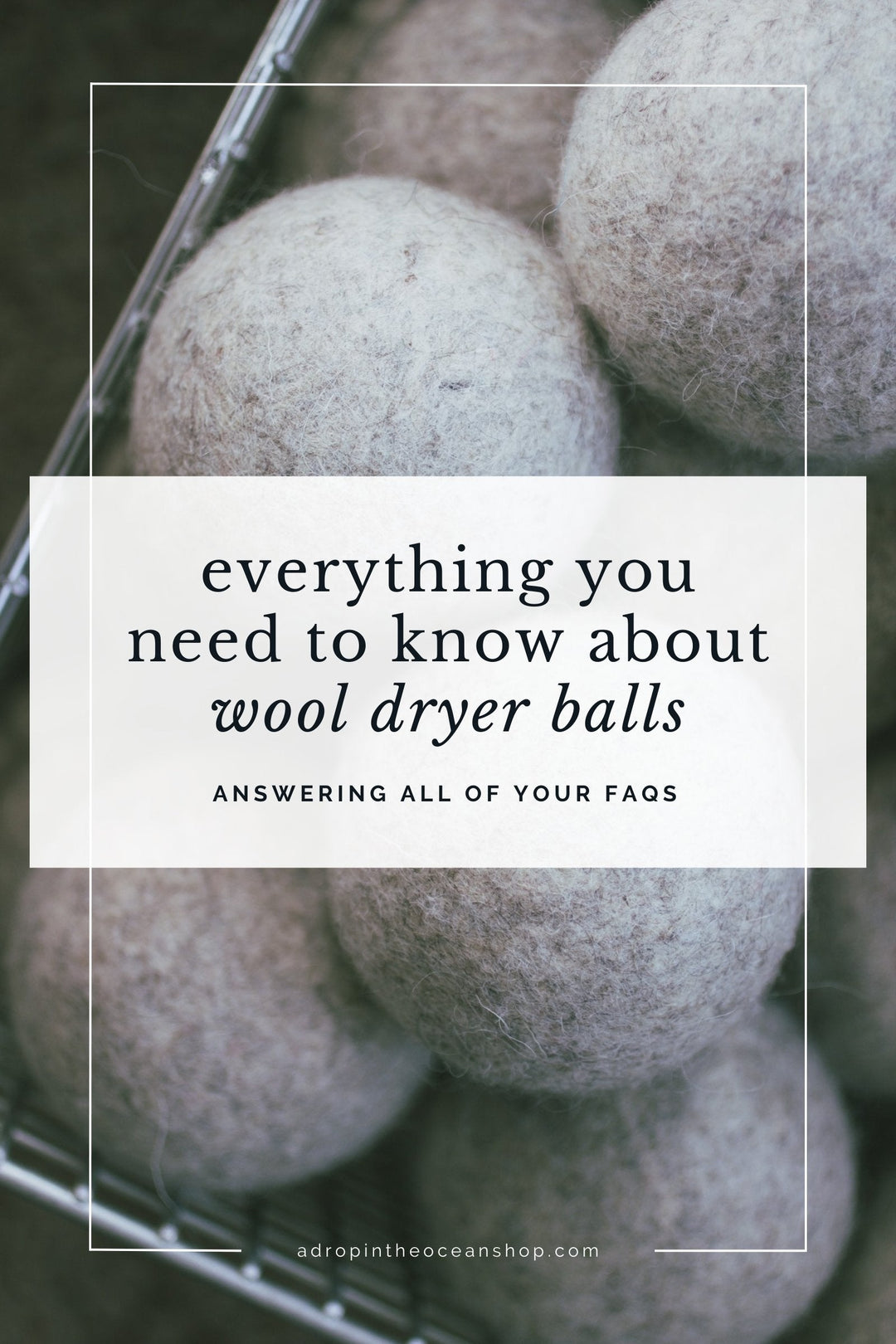
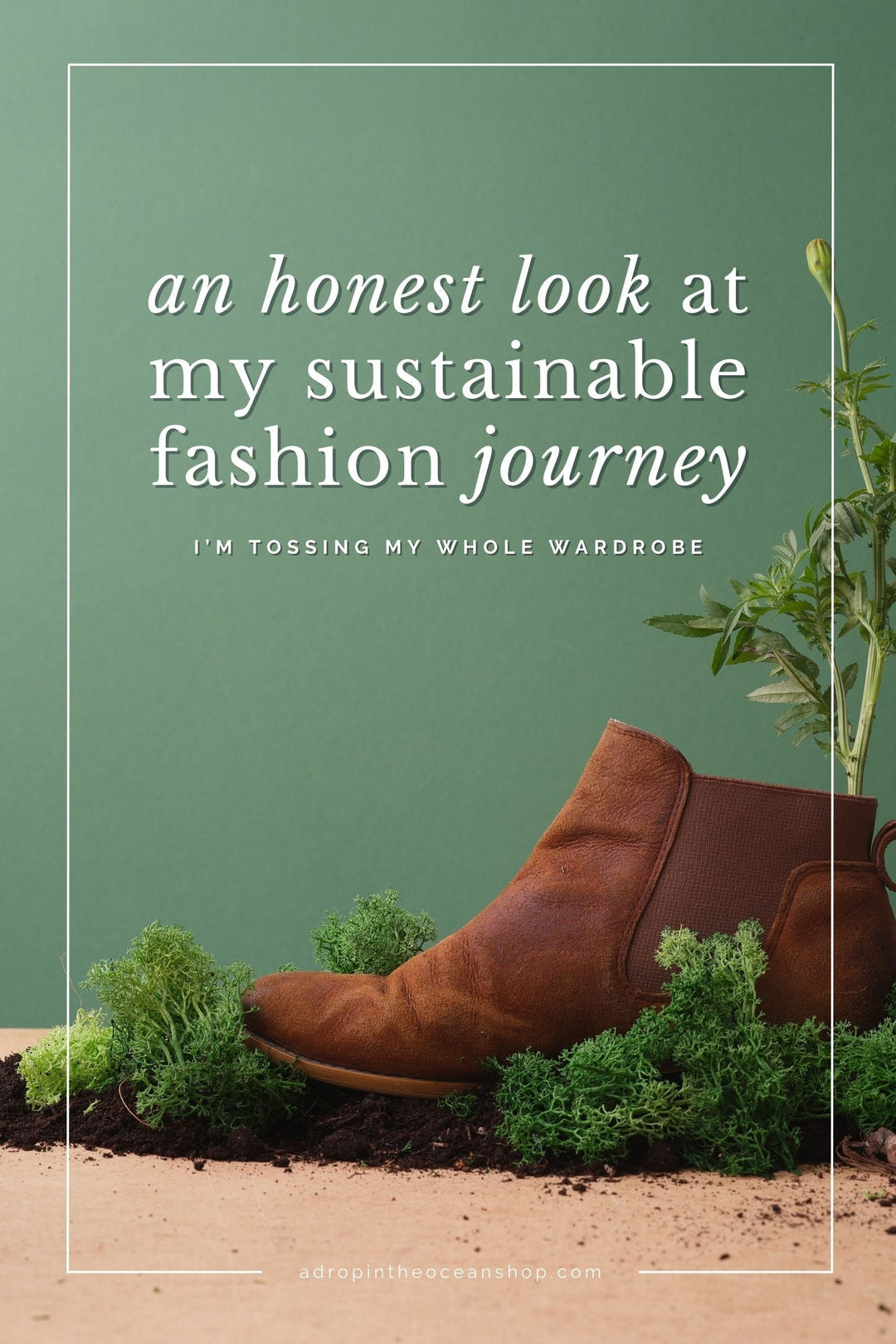
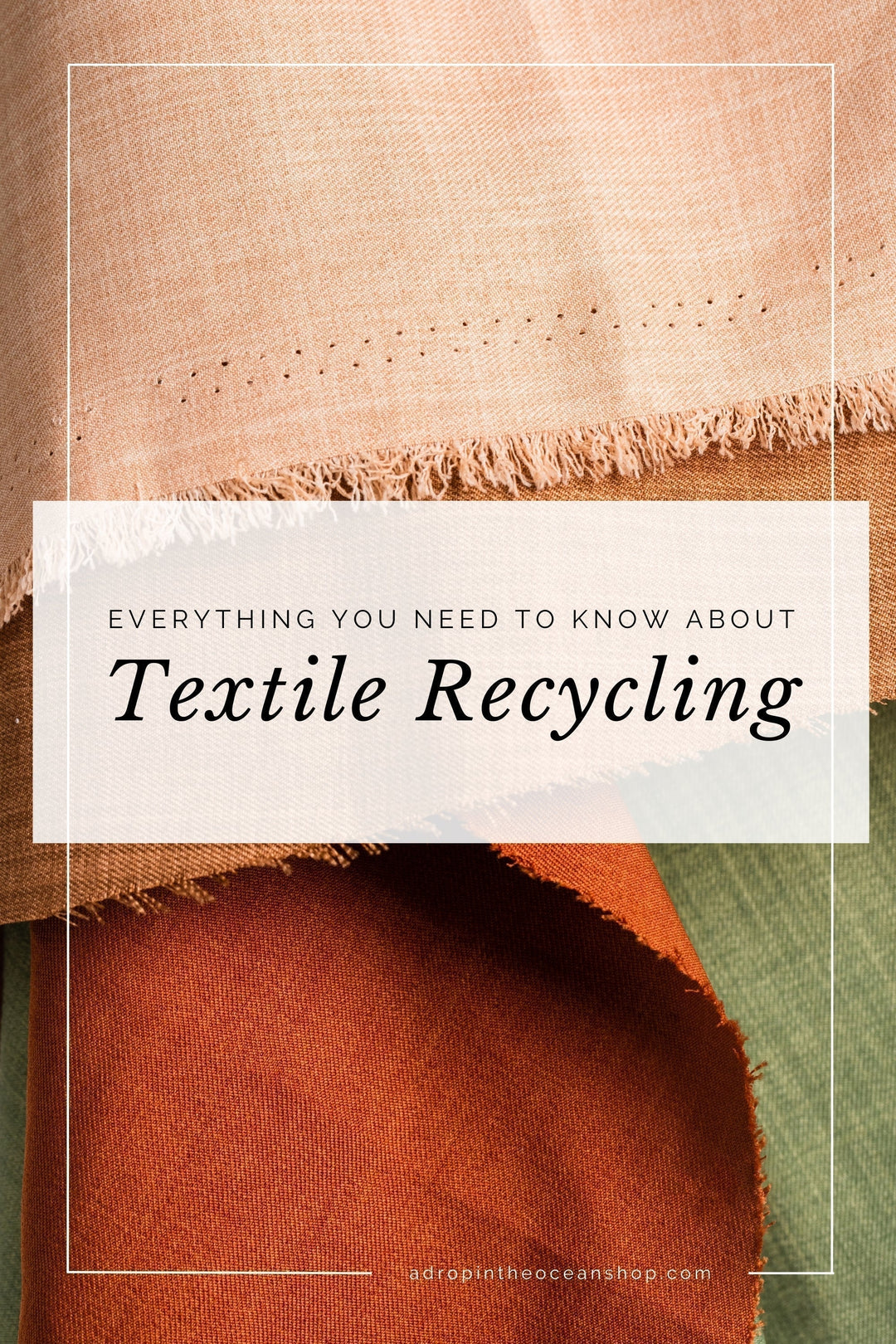
Leave a comment